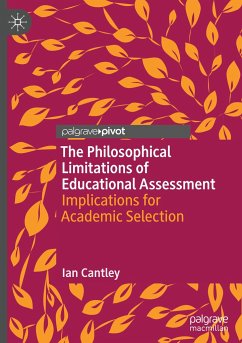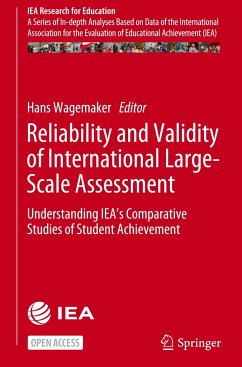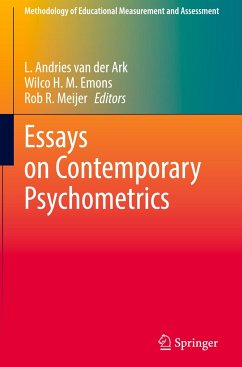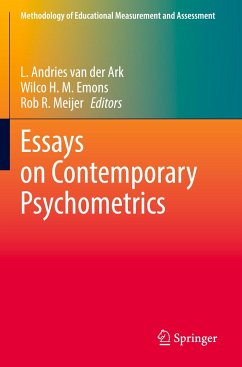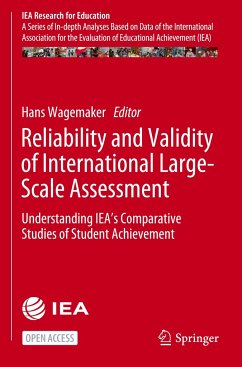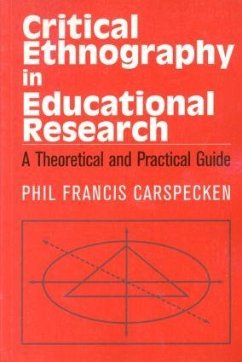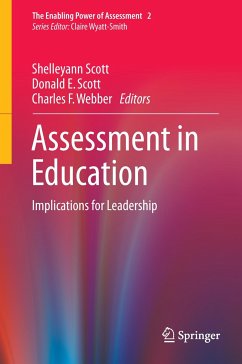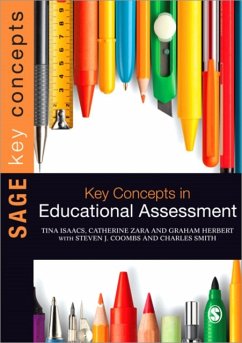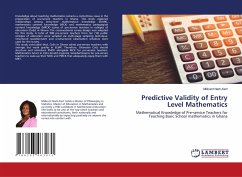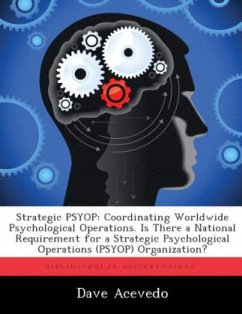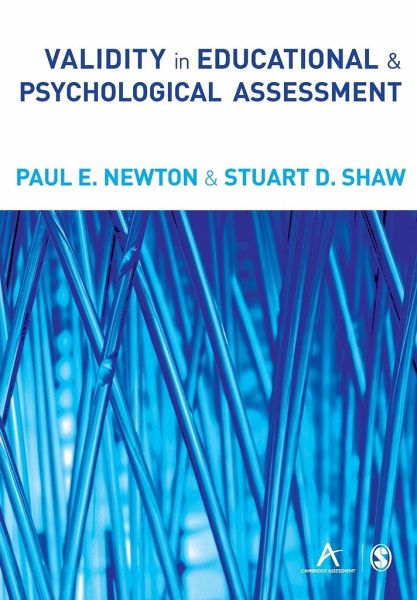
Validity in Educational and Psychological Assessment
Versandkostenfrei!
Versandfertig in 6-10 Tagen
35,99 €
inkl. MwSt.

PAYBACK Punkte
18 °P sammeln!
Validity is the hallmark of quality for educational and psychological measurement. But what does quality mean in this context? And to what, exactly, does the concept of validity apply? These apparently innocuous questions parachute the unwary inquirer into a minefield of tricky ideas. This book guides you through this minefield, investigating how the concept of validity has evolved from the nineteenth century to the present day. Communicating complicated concepts straightforwardly, the authors answer questions like: What does 'validity' mean? What does it mean to 'validate'? How many differen...
Validity is the hallmark of quality for educational and psychological measurement. But what does quality mean in this context? And to what, exactly, does the concept of validity apply? These apparently innocuous questions parachute the unwary inquirer into a minefield of tricky ideas. This book guides you through this minefield, investigating how the concept of validity has evolved from the nineteenth century to the present day.
Communicating complicated concepts straightforwardly, the authors answer questions like:
What does 'validity' mean? What does it mean to 'validate'? How many different kinds of validity are there? When does validation begin and end? Is reliability a part of validity, or distinct from it?
This book will be of interest to anyone with a professional or academic interest in evaluating the quality of educational or psychological assessments, measurements and diagnoses.
Communicating complicated concepts straightforwardly, the authors answer questions like:
What does 'validity' mean? What does it mean to 'validate'? How many different kinds of validity are there? When does validation begin and end? Is reliability a part of validity, or distinct from it?
This book will be of interest to anyone with a professional or academic interest in evaluating the quality of educational or psychological assessments, measurements and diagnoses.





